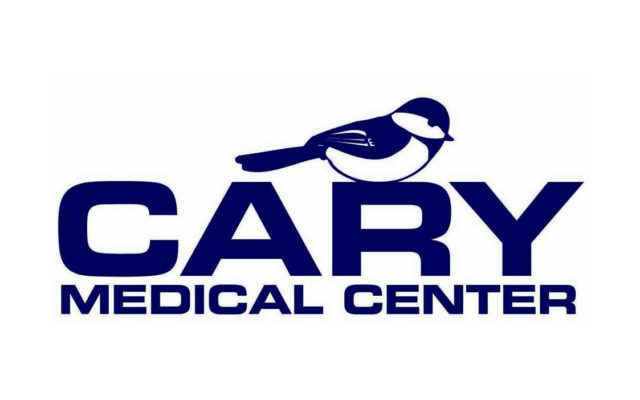CARIBOU, Maine – Cary Medical Center is implementing a new life-saving medical device, the JADA System, which provides a rapid and effective treatment option for abnormal postpartum uterine bleeding and postpartum hemorrhage, further enhancing the hospital’s ability to provide life-saving care to patients.
Earlier this month, staff members at Cary participated in virtual trainings, which included hands-on demonstrations to begin the implementation process for the new JADA System. The JADA device is a tool designed to control hemorrhaging and treat abnormal bleeding after a C-Section or vaginal delivery.
“All four of our obstetric providers were trained, as well as, a large majority of our supervisors, OB staff, and our OR staff,” said Kacey Soucy, inpatient nurse manager at Cary. The training discussed the device operation, the demographics of patients studied, how best to implement the device, pain control and troubleshooting.
“Staff are excited to have this resource to reduce the use of additional medication and surgeries on patients. These are often the only options used to control and treat postpartum hemorrhage,” said Jen Plante, maternal child charge nurse. ”We are so proud of our organization and staff for their proactive approach to patient care.”
The JADA device was specifically designed to offer rapid treatment by applying a low-level vacuum to facilitate contractions to constrict blood vessels. By swiftly and effectively controlling hemorrhages, the JADA device contributes to improving patient outcomes and reducing potential complications. “The device has been proven to stop bleeding caused by uterine atony in one to five minutes when used correctly. It can be left in the uterus for up to 24 hours, but typically is only needed for three hours or less,” Soucy stated.
Postpartum hemorrhage is the leading cause of maternal mortality worldwide and is responsible for 25 percent of maternal deaths from obstetric causes. “We have experienced an increase in postpartum hemorrhage over the past few years, even in low-risk patients. Having the JADA device in all delivery rooms and in the operating room, will improve our process by providing another resource to improve outcomes,” said Plante.
“Our physicians, midwives, and nurses are ready to use the device for patients at Cary,” said Soucy. Incorporating the JADA device to postpartum hemorrhage management, is a valuable addition to the hospital’s approach to maternal care. Providing specialized training for providers and staff enhances the safety and outcomes during critical postpartum periods.
Cary Medical Center is a 63-bed acute care hospital well known for its patient-centered services. We are a community of providers committed to excellence in healthcare and to improving the lives of those we serve. We are actively engaged in advancing the health and wellness needs of people in Aroostook County, including the unserved and underserved. Cary Medical Center and Pines Health Services are equal opportunity providers and employers.







